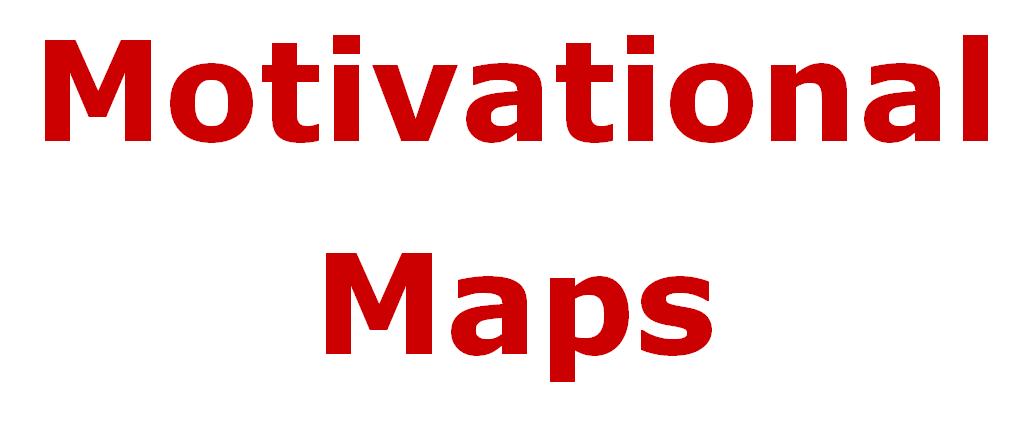Did you know?
“….international literature shows one of the most
important ways in which leaders
contribute to organisational development is through
their impact on the
motivation, development and well being of staff.”
DfES Independent Study into Leadership,
PricewaterhouseCoopers LLP, Jan 2007
Having
a skilled and motivated team is among the most crucial elements of successful
organisations. Group of dedicated employees can take on most difficult task,
but fostering great team spirit and maintaining high performance can be very
big challenge in itself. Motivational Map is a diagnostic tool which enables
individuals and organisations to understand how motivated they are, what
motivates them best and provides practical tool to increase motivation at all
levels.
This
exercise has sound academic credentials, but its biggest strength is that it
has been proved in practice on thousands of people in all types of
organisations: business, education and public sector. It is an exercise which,
by focusing on a particular dynamic, helps reach better understanding and
therefore awareness, which in turn helps maintain motivation.
There
are many ways for conducting personality tests and increasing awareness,
however Motivational Map also provides ideas for Reward Strategies, Appraisal
System and Team Building Tool. The report can be constructed for both
individual team members and the whole team.
There
are various benefits of this exercise. Among the most important are:
- The opening new channels of conversation between members of the team and the leader
- One of the most important skills of the leader is Team Building. Increased awareness of the leader about the team and individual team members leads to better understanding of the dynamics in the group
- Improved relationships between people involved in the exercise
- Through the increased awareness the leader can also improve the motivation and focus of the team
- Experiencing conversations of more natural and human nature also deepen relationships which in itself increase awareness and have positive impact on team dynamics and motivation
- Motivational Maps also allow individual team members to understand each other better and adapt accordingly to accommodate different working and communication styles from within the group. These lead to more harmonious and productive working environment.
In
order to produce a Motivational Map Report, participants are asked to complete
a questionnaire (either online or paper based). The questionnaire is scored and
report produced. The report includes 3 Top Motivators with their description
and brief description of the lowest motivator. Motivational Map describes 9
Motivators. Their full description can be found here.
Motivational
Maps can be used effectively in many different scenarios. Some examples
include:
- Handling conflict
- Building high performing teams
- Managing teams
- Managing and communicating with staff – different motivational styles
- Sales – understanding yourself and your client
- Change Management of any type
- Decisions making
- Making effective and lasting decisions
- Building effective teams – by understanding their motivators, and many more...
Motivational
Maps also find their place in business coaching as one of the tools for
unlocking potential of the team or individual.



No comments:
Post a Comment